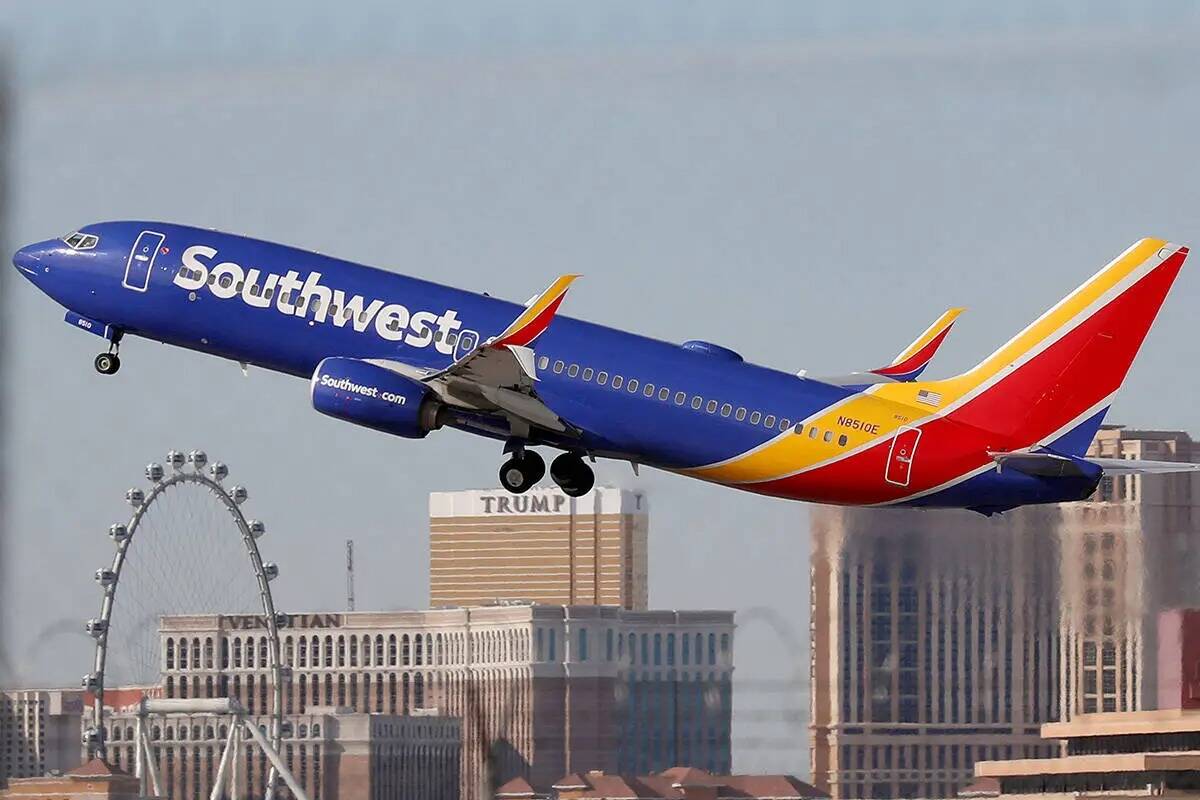How Southwest passengers can get voucher for delayed or canceled flights
Frustrated flyers on Southwest Airlines who experience a delay or cancelation that is the airline’s fault can ask for a voucher, the Department of Transportation announced this week.
As of April 16, any flights that are delayed three or more hours after the scheduled arrival time or canceled at the fault of Southwest must compensate the passenger with a transferrable voucher worth at least $75. It’s enforcement from transportation officials who have begun to hold the airline accountable for the 2022 holiday meltdown that stranded thousands of passengers and their belongings across the U.S.
“After the 2022 holiday meltdown, our department held Southwest Airlines accountable — and now the airline is required to compensate passengers for lengthy delays and cancellations that they cause,” saidPete Buttigieg, U.S. transportation secretary in a release.
Southwest must compensate passengers if the flight was canceled or delayed within seven days of departure, passengers arrived at their destination three or more hours later or the delay or cancelation was caused by something that Southwest could control, like maintenance or staffing. Passengers will not be compensated for delays caused by bad weather.
So how can a passenger request compensation?
Interested flyers can fill out a form on Southwest.com/delayform to request the voucher. The requests must be submitted within one year from the date of the delay or cancelation. The airline will respond over email within 30 days of receiving the request form and Southwest will follow-up with a voucher that can be transferred and is valid for at least one year after the date of issuance.
Last month, the Department of Transportation unveiled new rules for airlines which will have to provide automatic refunds to travelers if their flights are canceled or significantly altered.
Under the new rules, passengers will be entitled to refunds if: departure or arrival times move by more than three hours domestically or six hours for international flights, passengers are being downgraded to a lower class than originally purchased, a change of departure or arrival airport, an increase in the number of connections or changes to connecting airports or planes flown if they are less accommodating for people with disabilities.

















